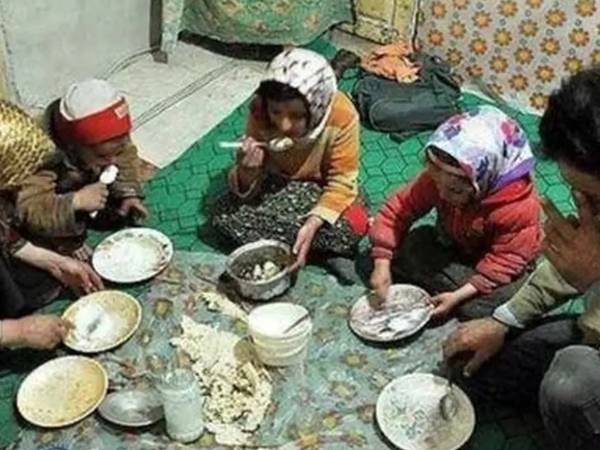As inflation surges and the value of Iran's currency plunges daily, workers are facing unprecedented economic pressure, with wage negotiations at a standstill.
Mohsen Baghaei, a workers' representative on the Supreme Labor Council, warned of significant price hikes in essential goods over the past two months, with cooking oil increasing by 40%, rice by nearly 100%, and other staples like potatoes and onions also rising steeply.
Baghaei estimated that the average cost-of-living basket for workers has risen by over 30% in just two months, pushing the basket’s value from 300 million rials (around $325) to 380 million rials ($413).
"Inflation on essential goods has been unprecedented," he added, blaming unchecked currency devaluation, corporate hoarding, and a lack of government oversight.
Despite the challenges, wage negotiations remain stagnant. The Supreme Labor Council which is responsible to set minimum wage for the new year starting in March has only convened once since the start of the President Masoud Pezeshkian administration in July, with no meeting held this month.
"While workers expect wages to reflect the cost-of-living basket, the Ministry of Labor’s resistance to this principle has stalled progress."
Currently, the minimum wage set in March 2023 at about 111 million rials ($185 at that time) is worth just $120 due to the rial’s sharp devaluation. With Tehran's estimated living costs exceeding 400 million rials per month, most workers find themselves unable to meet even basic needs and today, at least one third of Iranians are living below the poverty line.
The rising dollar, now valued at around 920,000 rials, has further eroded purchasing power. Shortages of essential goods and inflation nearing 50% compound the crisis, leaving many workers reliant on informal jobs to survive.
The broader economic turmoil has also fueled strikes and protests, including a rare demonstration by Tehran’s historic bazaar merchants last month over soaring currency rates and declining purchasing power.
Baghaei stressed the urgency of implementing realistic wage adjustments based on Article 41 of the Labor Law, which links wages to living costs.
"If the government accepts this legal principle, reaching an agreement won't be difficult," he concluded, while cautioning that lip service without action would only deepen workers’ despair.
Iran’s worsening economic crisis reflects both domestic mismanagement and external sanctions, leaving workers trapped between rising costs and stagnant wages.
